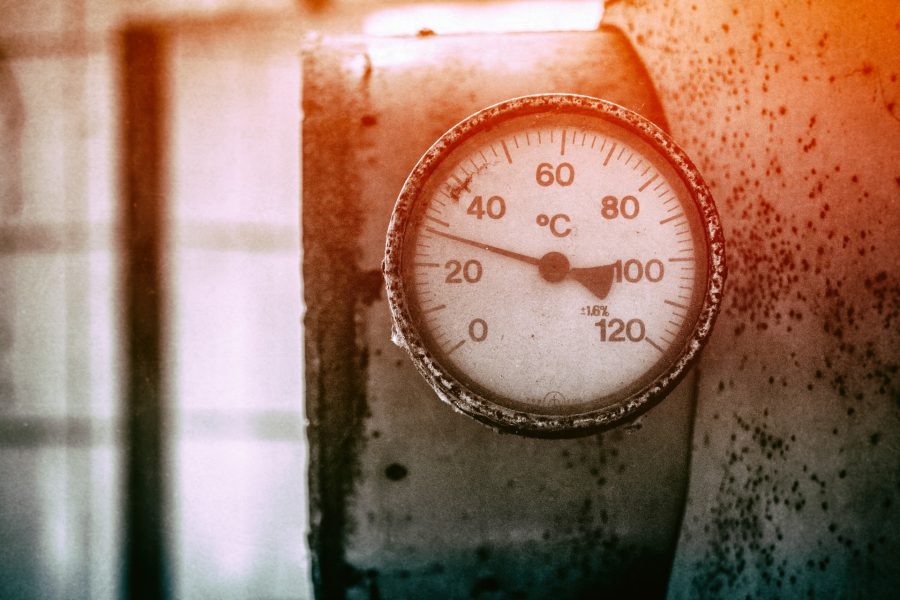5 Boiler Installation Regulations You MUST Know Before Installing a New Boiler
When it comes to boiler installation, there are a few regulations you MUST know before getting started. If you don’t adhere to these regulations, you could end up with a boiler that’s not safe to use, or worse – one that’s illegal! In this blog post, we will go over the five most important boiler installation regulations you need to be aware of. By knowing what they are and following them accordingly, you can ensure a safe and successful boiler installation project.
The Building Regulations 2010 indicate that Approved Document J should be used for a variety of gas boiler installation criteria. These are:
Minimum clearances
The first boiler installation regulation you need to be aware of is the minimum clearances around the boiler. These vary depending on the type and size of boiler you’re installing, so it’s important to consult your boiler manufacturer or installer for specific instructions. In general, however, you will need to leave at least a few inches of space around the boiler for proper ventilation and access.
Flue Gas Vents
Another important boiler installation regulation has to do with flue gas vents. All boilers produce flue gases when they’re in operation, and these gases must be properly vented out of your home to prevent them from building up and causing problems. There are strict regulations surrounding flue gas venting, so again – it’s important to consult with your boiler manufacturer or installer to make sure you’re doing it correctly.
Gas piping
Another boiler installation regulation that’s important to know is the one surrounding gas piping. All gas-fired boilers must be connected to a properly sized and installed gas line. If you’re unsure about your home’s gas lines, it’s best to have a professional check them before proceeding with the installation.
Water quality
Another boiler installation regulation has to do with water quality. Because boiler systems rely on water for operation, it’s important that the water going into your boiler is clean and free of contaminants. This means having your water tested by a professional before using it in your boiler system.
Installation location
Last but not least, another boiler installation regulation you need to be aware of is the one surrounding installation location. Boilers must be installed in a well-ventilated and easily accessible area. This is to ensure that they can be properly serviced and maintained over time.
As you can see, there are a few boiler installation regulations you need to be aware of before getting started. By knowing what they are and following them accordingly, you can help ensure a safe and successful boiler installation project.
If you are looking to install a boiler, make sure you use a Gas Safe Register Engineer like Bumblebee Heating who can follow the relevant boiler installation regulations. All of their engineers are on the Gas Safe Register, meaning our work is compliant and 100% safe.
Share It on :





